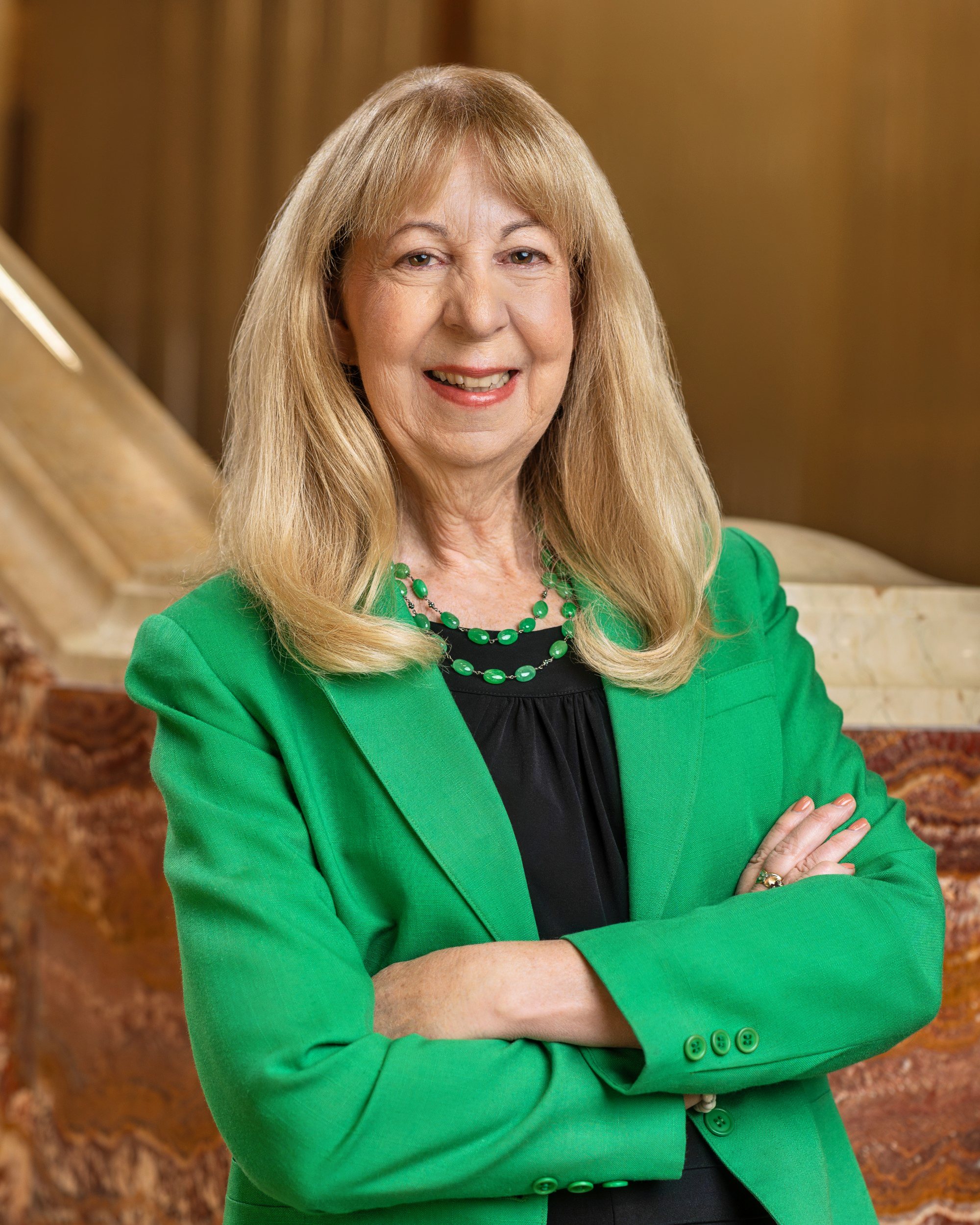In her application for the Supreme Court of Canada, Justice Mary Moreau referred to the controversial case of Omar Khadr. Convicted in the United States of murder at age 16, Khadr spent 10 years in the Guantanamo Bay detention camp before being transferred to Canada.
Khadr spent four years under community supervision in Edmonton when he applied to Moreau — then chief justice of the Alberta Court of King’s Bench — to release him from a remaining three and a half years of supervision.
Moreau freed him the next day in 2019, citing the comments by Supreme Court Justice Rosalie Abella on the reduced capacity of adolescents to make moral judgments.
“Judges have a responsibility to hone their legal and social-context knowledge to ensure respect, fairness and dignity for all members of society and to clearly and definitively eliminate myths and stereotypes,” she later wrote in her Supreme Court application, highlighting the importance of creative thinking.
A graduate of the University of Alberta’s Faculty of Law in 1979, Moreau was appointed to the Supreme Court late last year after 29 years on the Court of King’s Bench of Alberta, the last six years as chief justice. The franco-Albertan judge is the seventh member of the U of A community to serve on Canada’s highest court.
Her appreciation for critical thinking was first instilled in her as an undergraduate in the U of A’s Faculté Saint-Jean (now Campus Saint-Jean) in the mid-1970s by philosophy professor Laurent Godbout.
“(Godbout) was instrumental in teaching critical analysis, and for me, that was a really important feature of my education — looking at a problem like a prism, making sure you see where the light is shining as you spin it around,” says Moreau.
“That could not have been more suited to my current career as a judge.”
Moreau entered the U of A’s law school after two years at Faculté Saint-Jean, bucking the family trend to pursue medicine. Her father was an orthopedic surgeon, two older brothers were in medical school and two older sisters were training to be nurses.
“The medical side was pretty strong in my blood, but I wasn’t sure that was my interest. So I took my prerequisite sciences for entry into medical school at Campus Saint-Jean before deciding there might be wider opportunities with a law degree.”
Former dean of law David Percy remembers Moreau as a feisty and gregarious first-year law student in his class on contract law.
“She was very young as a law student; I think she began when she was 20,” he says. “She was vivacious and smiled a lot with a genuine interest in people, so it was easy to get to know her.”
Watching her career over the years, Percy says Moreau stood out for her strong instincts and fair-minded disposition. As a lawyer, she practised criminal law, constitutional law and civil litigation, including landmark cases of minority language rights and the Canadian Charter of Rights and Freedoms.
In 1994 she was appointed as a justice of the Court of King’s Bench of Alberta, and later a deputy judge of the Supreme Courts of Yukon and the Northwest Territories. She was appointed chief justice of the Court of King’s Bench of Alberta in 2017.
“She knows when to push and has an innate common sense, which is one of her greatest attributes,” says Percy. “I think that’s why she’s been such a successful judge and chief justice.”
He points to the Paquette case — a six-year fight she took all the way to the Supreme Court in 1990 — as a “classic example” of Moreau’s “backbone of steel.” The decision ultimately affirmed the rights of someone criminally accused to a trial in French.
Moreau won the appeal by citing a somewhat overlooked provision in the North-West Territories Act of 1886, allowing for French to be available in both the legislature and the courts.
“There was very little support for that idea in Alberta,” says Percy. “She had to have had a rather thick hide to push that litigation through successfully.”
When reflecting on the case, Moreau measures it in pregnancies. As the case went through several long appeals, she gave birth to three of her four children.
Throughout her career, and especially as Alberta’s chief justice, she has fervently promoted the responsibility of judges to become involved in the wider community, “to make sure that we are reaching out,” she says.
“I felt it was necessary in order to communicate what we were doing — going out to schools during Reading Week, speaking to the Canadian Bar Association and meeting with lawyers in education programs.”
Moreau has also remained firmly committed to the U of A’s law faculty, welcoming incoming students and serving as guest lecturer in a constitutional law class on minority language rights.
“Justice Moreau’s appointment to the Supreme Court of Canada is a source of great pride for the Faculty of Law,” says Dean Barbara Billingsley.
“An esteemed graduate of our juris doctor program, Justice Moreau is well known among faculty members, students and members of the legal community for her expansive knowledge of the law as well as her wisdom, fair-mindedness, compassion and commitment to justice in Canada."
As she makes her move from Edmonton to Ottawa, Moreau will take with her one particularly cherished memento for her new office — the honorary doctorate she received from the U of A in 2019.
“It will sit proudly on my wall,” she says, along with her Médaille du Doyen awarded by Campus Saint-Jean in 2020.
